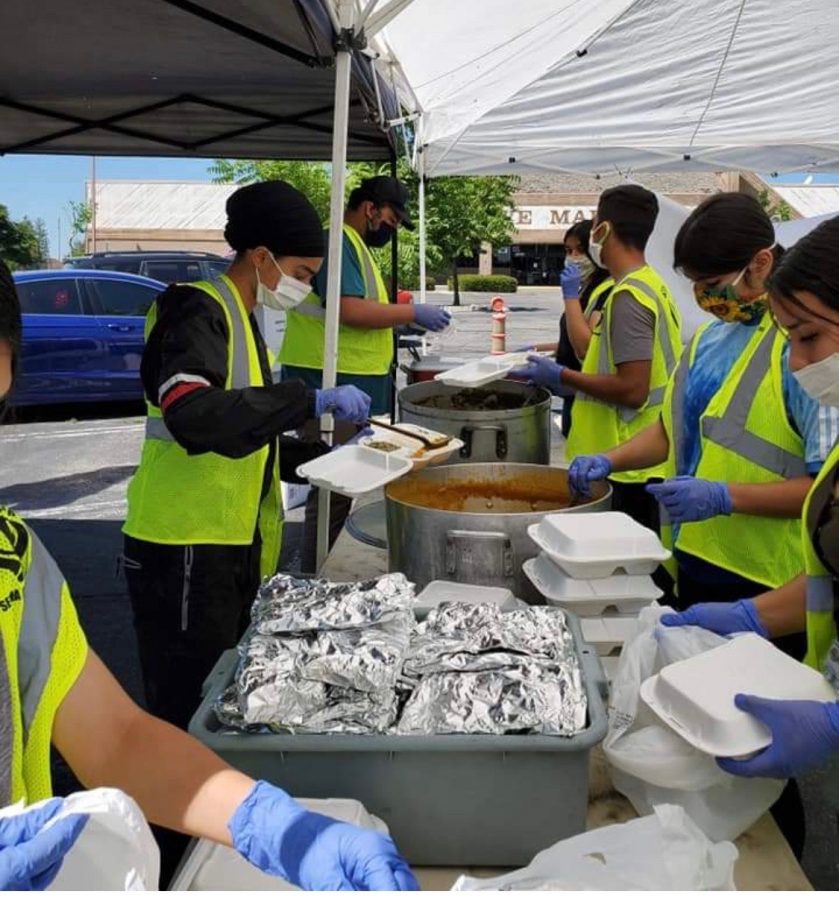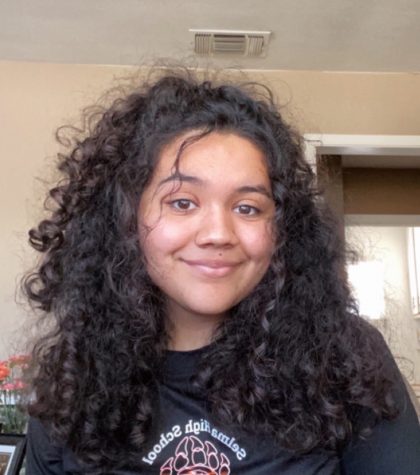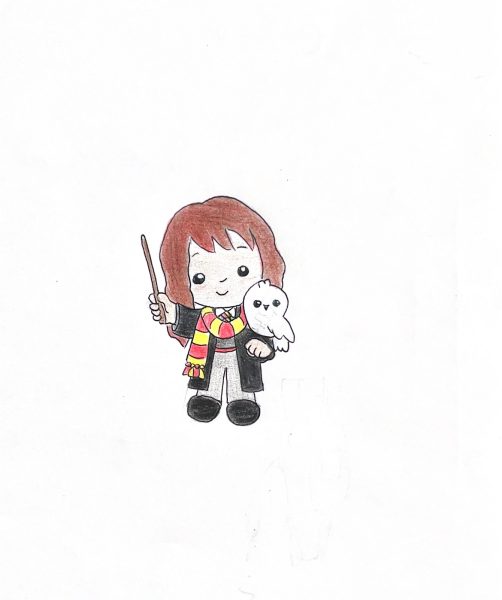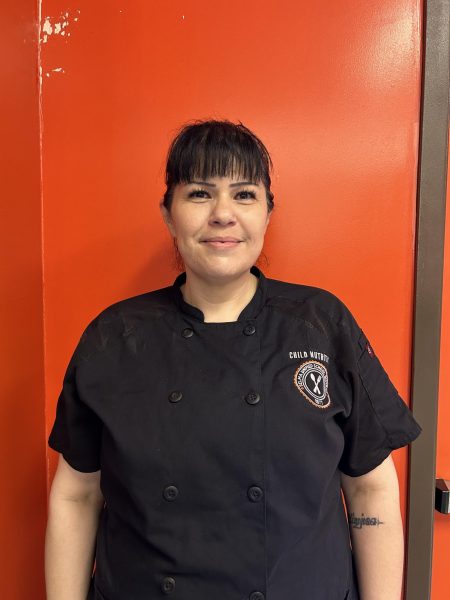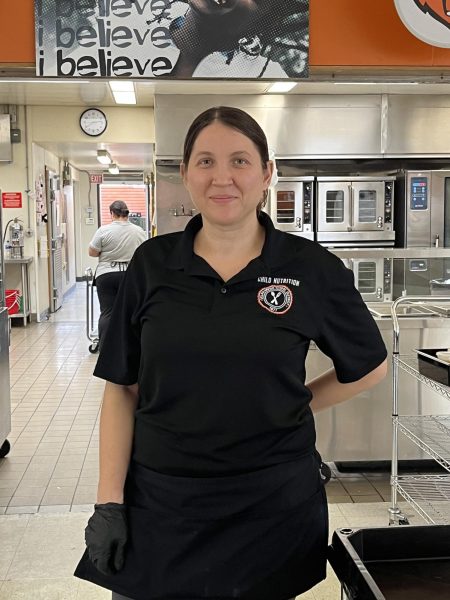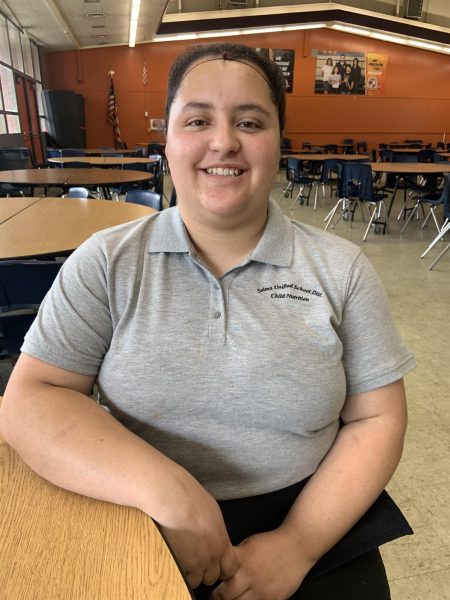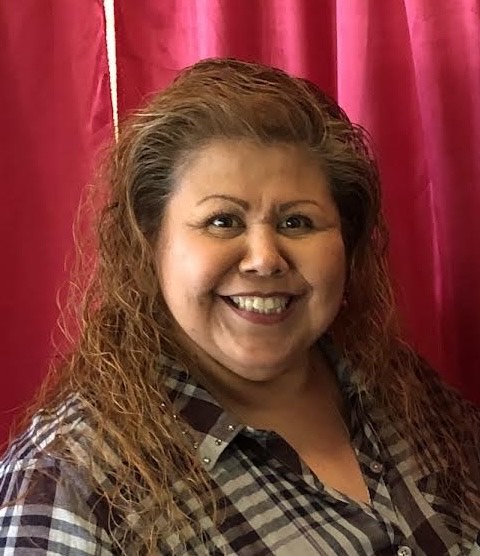Food for Thought
May 8, 2020
When I was a little girl, my parents really made a point to let me know that although our lives were not perfect, we were still very fortunate to be alive with a roof over our heads, a family who loved us, and food on our plates. I would come to realize a lot later these were some things a lot of people didn’t have.
My grandma always told me stories about my dad in his youth that made me realize these lessons came from a very real place in his heart. Growing up in Selma, my dad would come home with his friends and make them bologna sandwiches so they had something to eat after school, or on summer days in between their delinquent, teenage adventures. This may not seem like much at first, maybe just a friend helping friends, but it’s so much more. My dad lived in a two-bedroom house with my grandparents and his four sisters. Although they didn’t have much, he still gave what he could because he knew it was better than letting them go hungry.
It was this story that made me see how little actions to help others can do so much, especially when there are so many people everywhere who need support in many forms.
Flash forward many years later to a few weeks ago. I’m sitting in my living room, trying to focus on my homework and not succeeding, when I see cars start to line up down my street. I didn’t think much of it because I knew this was headed to the church down the street, but I didn’t know why. While I started to make dinner, my mom came through the door and called me over.
“Do you know what that line is for?” she asked me.
“No, I just assumed there was a church thing going on.”
“Those cars are all lined up from up and down the street to get food from the church.”
“All of them?”
“Every single one, so I really hope that while you go to our fridge for dinner, you’re thankful for what you have because not everyone is lucky enough to have it.”
She was right and so was my dad. I’m in a very fortunate situation to have a home and consistent meals on my plate.
This is when I remembered the pandemic causing a very broken chaotic state of the world didn’t mean every other problem had stopped. It meant a lot of them had gotten worse.
According to a New York Times article published on April 16, 2020, by Nelson D. Schwartz, the rate of unemployment claims in the U.S had reached 22 million.
Those who apply to receive unemployment benefits will receive an extra $600 or so as an extra compensation during these trying times. However, the government’s system regarding how many of its citizens receive this help, or even food stamps through the SNAP program from the USDA’s Food and Nutrition Services, is filled with many technicalities. A lot of these restrict who gets government aid without fully considering the situational aspect of individual families. Not only are Americans losing their jobs during this pandemic, but essential workers are also still receiving a minimum wage that’s debatably enough to be livable and are still not qualifying for government aid because they are technically employed and don’t meet qualifications.
The $1200 stimulus check the government did provide a start, but in all reality, is that enough to compensate for the money not coming from jobs lost? Not even half of that stimulus check is being provided to undocumented imagrants in this country depite their hours worked and the jobs they work that keep food on the tables of others. [“See Handling a Pandemic: How the Most Vulnerable are Being Left Out to Dry, by Ari Matias.”]
So where does this leave us?
It brings us as citizens, community members, and human beings in a position to learn and understand that when we are able to, we should find some way to make the world a little more livable for our neighbors in need.
Obviously this is not an obligation. Not everyone has the resources or the time to give back to those in need and not everyone wants to. Not everyone has to.
Yet, if we normalize the idea that a person in a position to give any form of help can simply choose not to, we can also see that we are normalizing a lack of empathy.
Giving doesn’t mean providing to others out of pocket. There are opportunities for you to give your time and attention, or even share a donation link to an online group who can.
We need to, as a society, normalize empathy and bring attention to those in need by recognizing the problems around us that have been hidden away for too long.
Poverty, unemployment, and the lack of accessibility to a meal has always been a problem, however it took a pandemic to bring a lot of these issues further into the light or to hide them further.
Our priorities shouldn’t be getting out for a haircut or to have the freedom to watch a movie in a theatre, it should be to help others who need it the most right now and to show empathy for those in a position unable to help themselves.
To me, providing meals and food are a big step in helping out your community and those in need. At the moment, I can’t go out of my way to feed anyone and everyone who needs a meal. What I can provide is awareness and some form of action to shout out areas and people who have the means to help.
Organizations around Selma and our surrounding areas have been taking food donations and giving out meals to families who are in need right now more than ever, but they don’t end with the pandemic and some didn’t start that way either.
Churches and other organizations around Selma are giving away groceries and meals on certain days providing equal opportunity to all.
In the the city of Selma, there are a few options with specific days and times they hand out food:
- Saint Joseph’s Catholic Church
- Every fourth Thursday of the month at 10a.m
- Ringo Park
- Every Monday 3-5pm
- Lincoln Park
- Every second, fourth and fifth Fridays of the month
There are many more opportunities to receive food around Selma through the efforts of the Central California Food Bank. This organization provides food services across the state and has many ways to help those in need. They also have accepted volunteers at their food distribution and packing centers with a process to sign up on their website. Financial donations are also accepted on their website with $1 equalling up to seven meals provided by the organization.
Locally, an organization has opened up in Selma called SEVA (Selma Embarking Voluntary Actions) with a main focus of providing help across the city to those in need through voluntary actions with student volunteers from the SHS Key Club, Rotary Club, Selma Youth Legacy Center, and many more.
In response to COVID-19, the group has set up food distributions in the past month that have provided lunches multiple times a week for the month of April, and have many more on the way.
You can find their schedules as well as ways to help on their website (seva93662.weebly.com) or their social media (instagram: @/seva_93662 or facebook: seva93662).
Selma Unified is also still providing school lunches from 11am-1pm at Eric White Elementary, Roosevelt Elementary, Abraham Lincoln Middle School, and Selma High School.
There will always be someone in need because the world is nowhere near a perfect place. Although we cannot force help onto others, we can offer it and we can provide it to those who will accept it. It’s a matter of opening our hearts to everyone rather than picking and choosing a select few. It starts with acceptance of harsh realities and having the open mind to take the first step to make the world a little more livable. When times are tough, we should all open our hearts and give something.
Even if it’s just a bologna sandwich.
